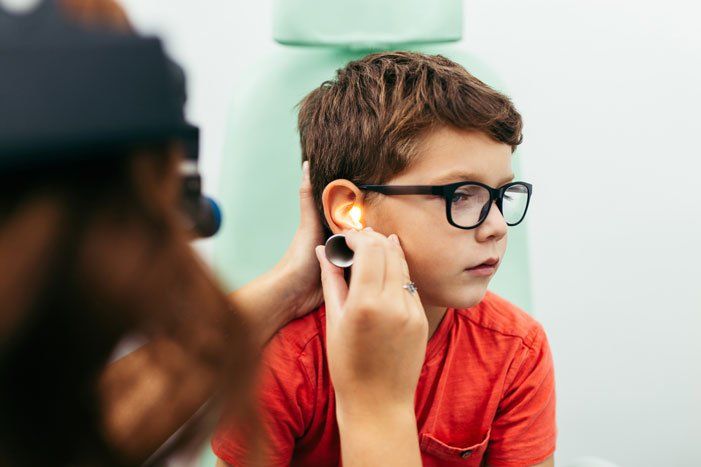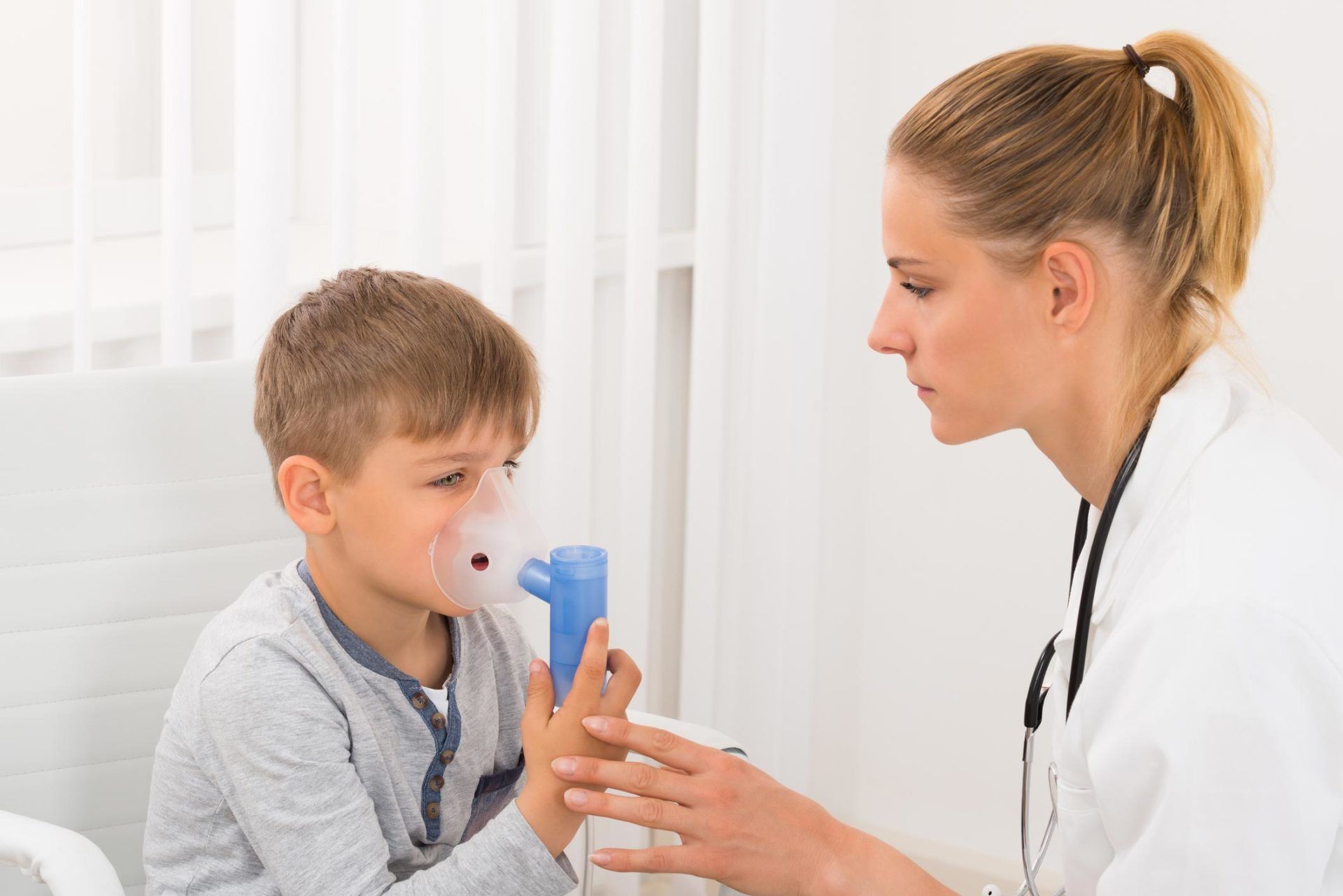Fatigue
Tiredness and even a little nausea can be expected following a vaccination. As with any medication given to a child (or an adult), there may be some discomfort associated with getting a vaccine.
Fatigue is commonly caused by the emotional stress of receiving the vaccine and by the body's natural response to dealing with the shot and its effect on the immune system. Call your child's doctor if their fatigue is accompanied by severe muscle aches or pains, vomiting, or a very high fever. These rare reactions to a vaccine should be evaluated by a doctor.
Headaches
A very common side effect of any vaccine is a mild to moderate headache within a few minutes to a few hours following the immunization. Around a third of people experience a headache within two weeks of receiving a vaccine. You can treat headaches with over-the-counter medication.
Call your child's doctor if a headache is accompanied by blurry vision or confusion or if your child is an infant. If your child is also coughing or showing signs of a respiratory issue (another common side effect of vaccines in many patients), alert their doctor of these symptoms.
Dizziness and Fainting
Older children are more prone to getting dizzy or passing out when they receive their immunizations than other age groups are. The reason for this tendency is unknown, but it may be linked to teens’ acute awareness that they are getting shots combined with their body's “fight or flight” response to the receipt of the vaccine.
It's wise to keep your child in the doctor's office for a few extra moments following their vaccination if they complain of dizziness, nausea, or weakness in their muscles. The same is true if your child begins to faint. Your child's doctor will allow them to rest under medical supervision and possibly give your child a small snack or drink to help bring their blood pressure back to normal before allowing you to leave.
Your child's doctor will provide you with information about each recommended vaccine your child receives prior to administering the immunizations. Discuss all your concerns about side effects and redness or swelling at the injection site prior to allowing the shots to be given so you can be prepared and feel more comfortable with the procedure.
While you can give your child an over-the-counter pain reliever prior to their getting their vaccinations, it's best to ask their doctor if this measure is appropriate beforehand. Some doctor advise against pain medication prior to shots, as the medication may weaken the vaccines’ overall effectiveness against disease.
To protect your children and the people they interact with, make sure your kids remain fully vaccinated. While some common side effects are expected with most vaccines, they are not typically dangerous. Speak to our medical team at
Y.H. Parikh & Associates
to discuss any concerns you have about your children and their vaccination needs.








